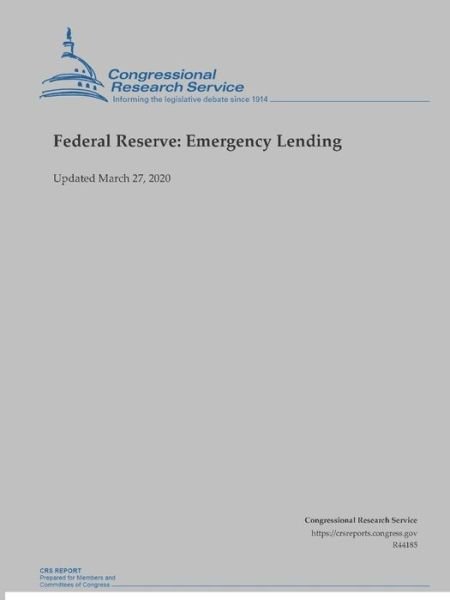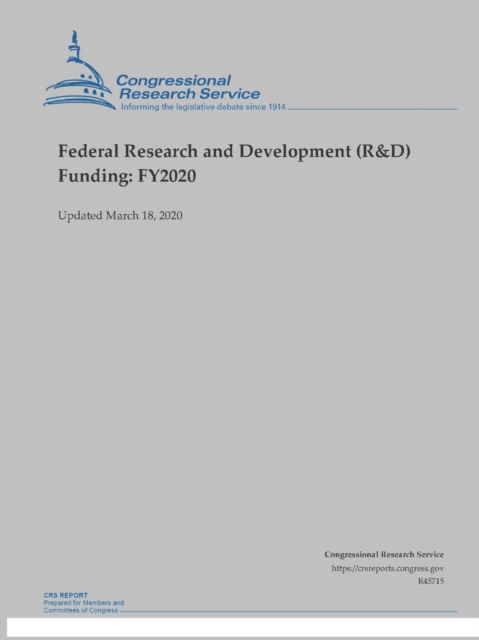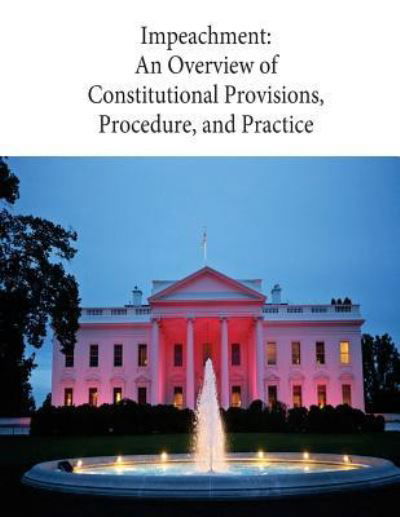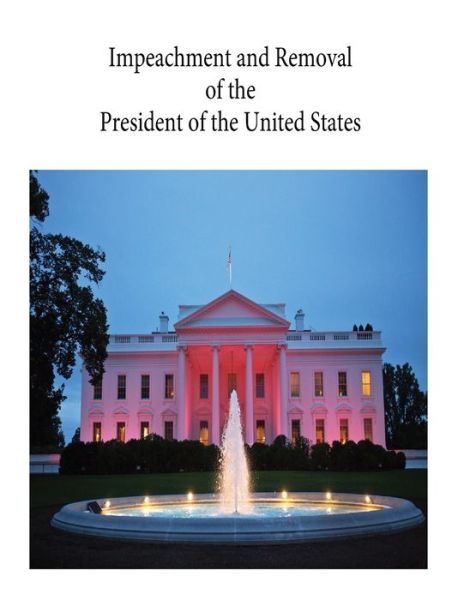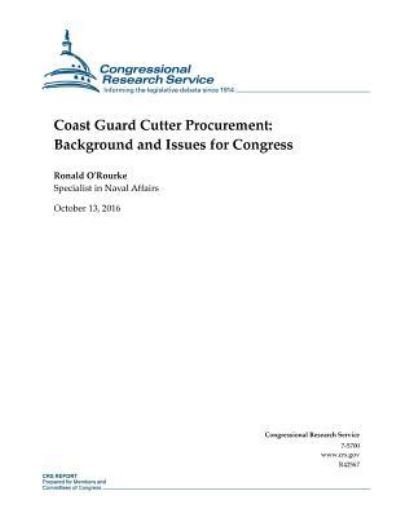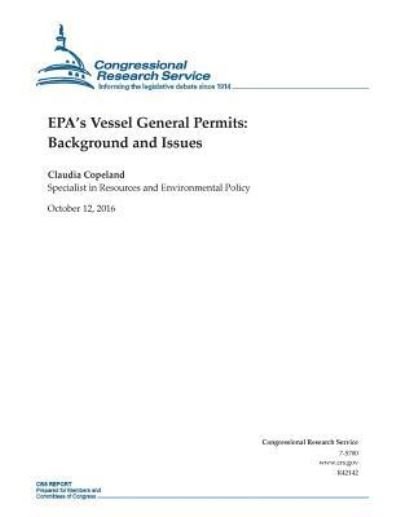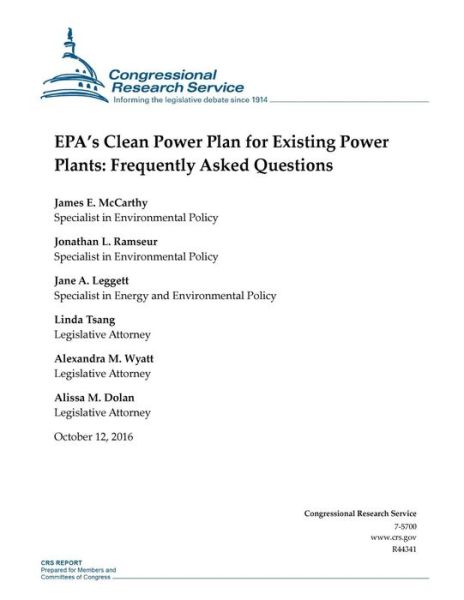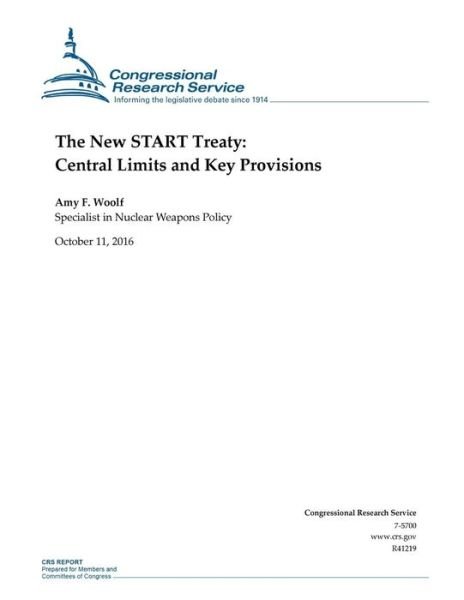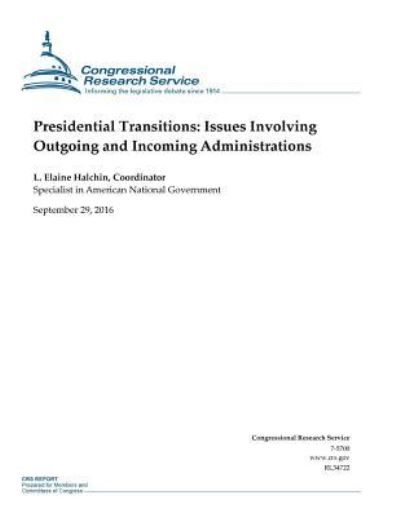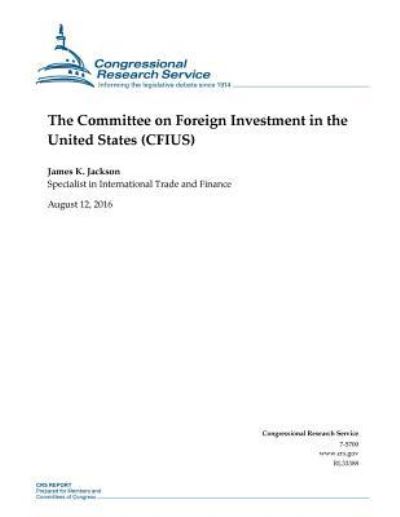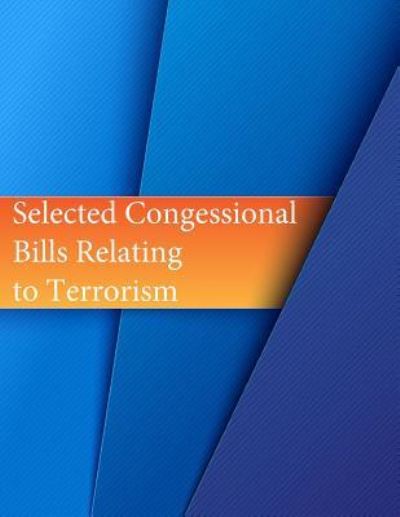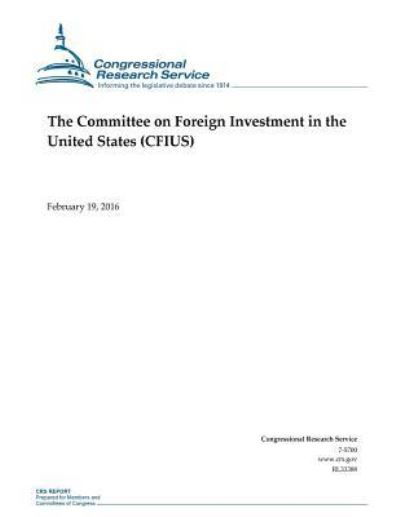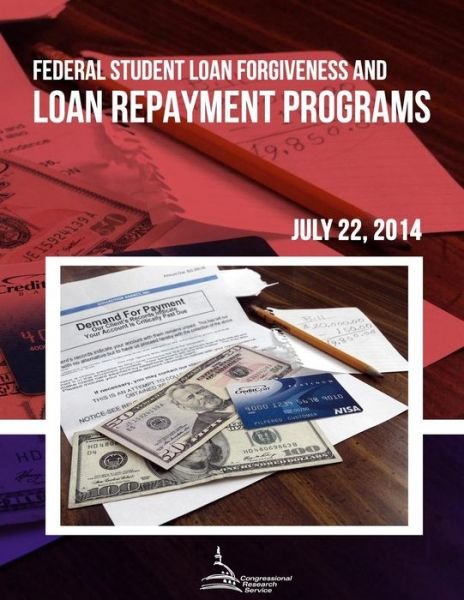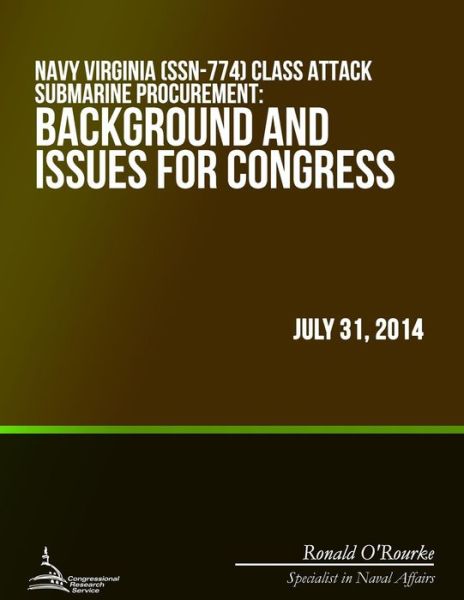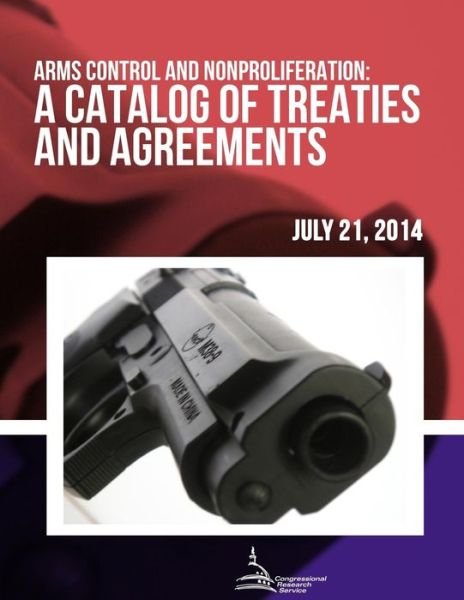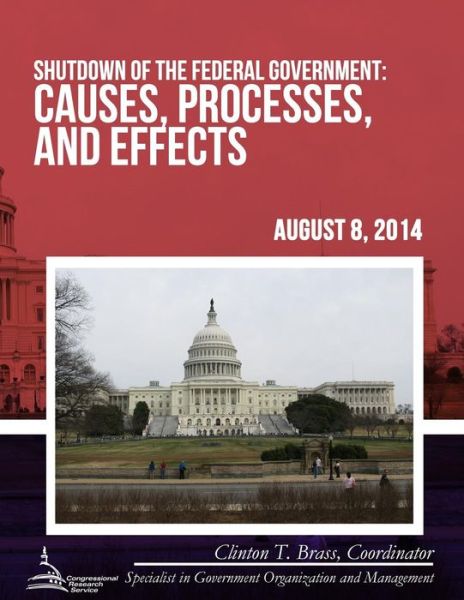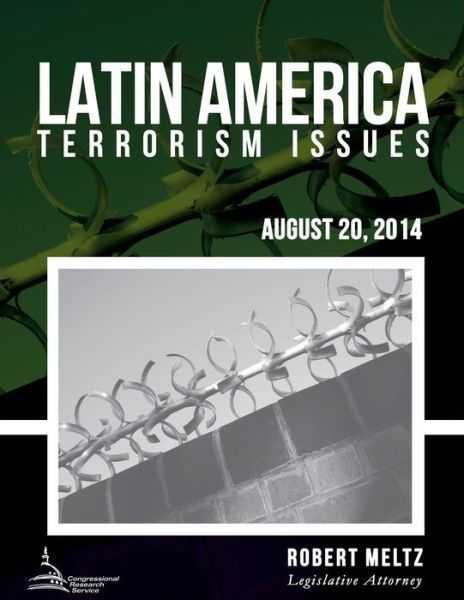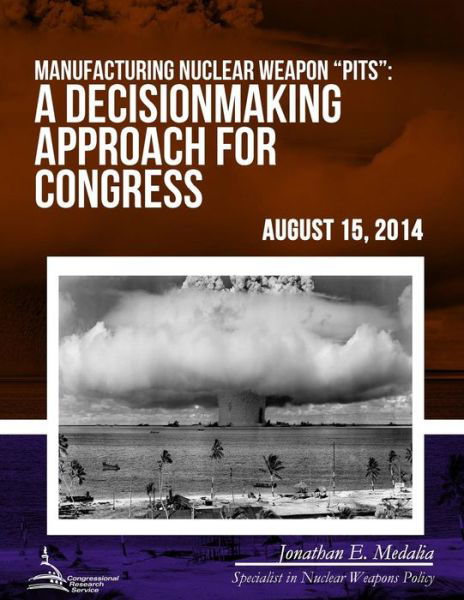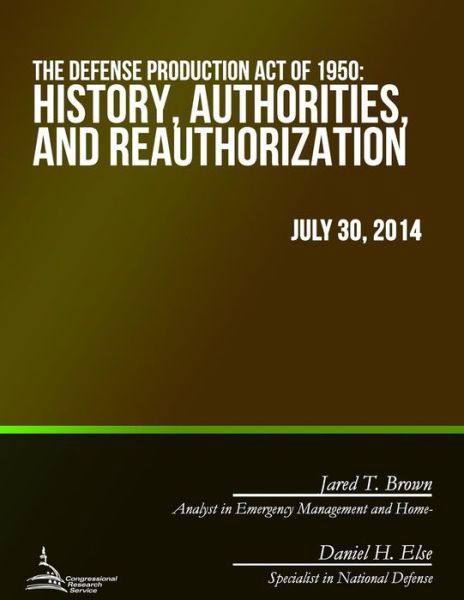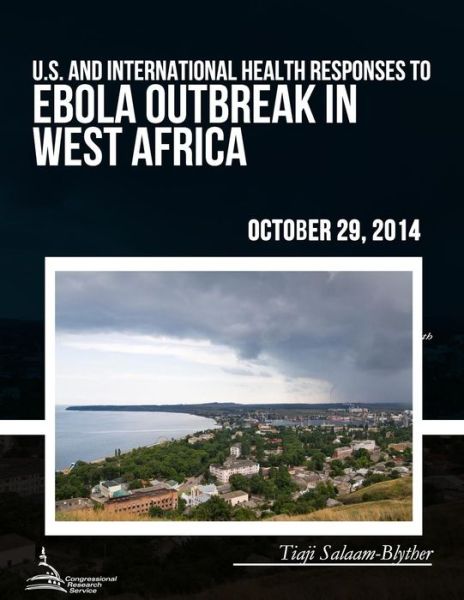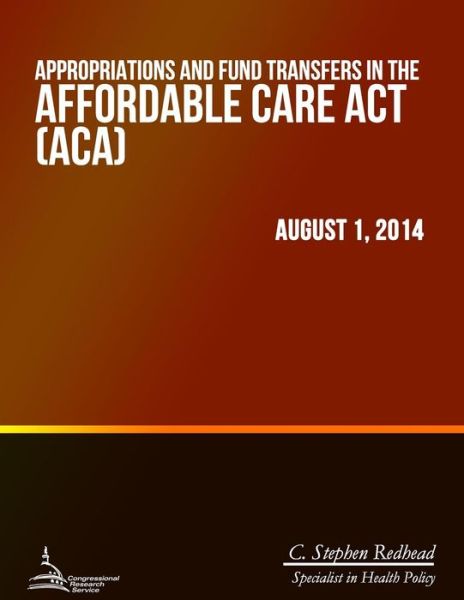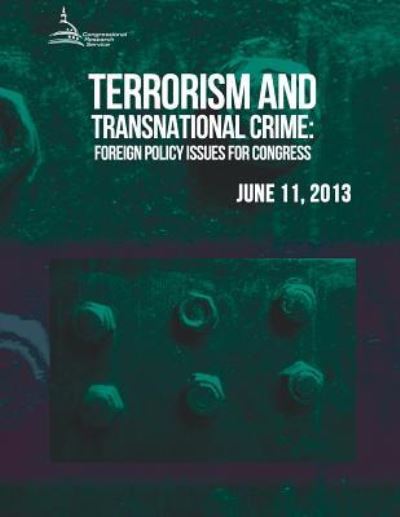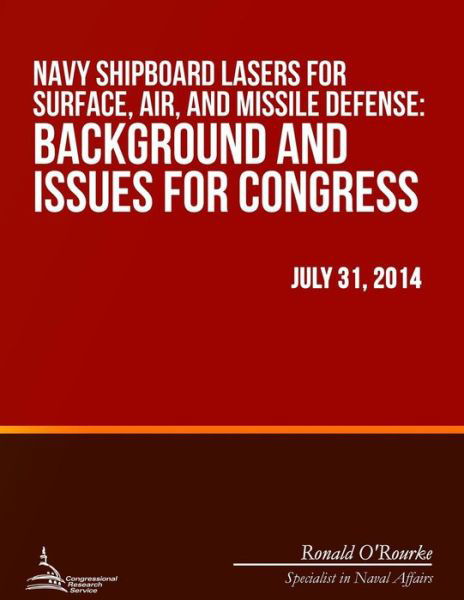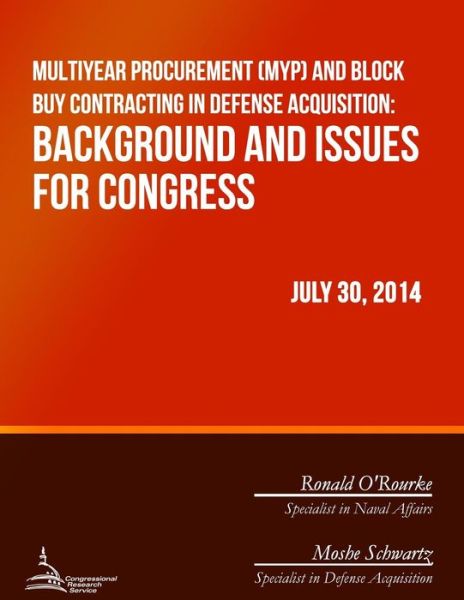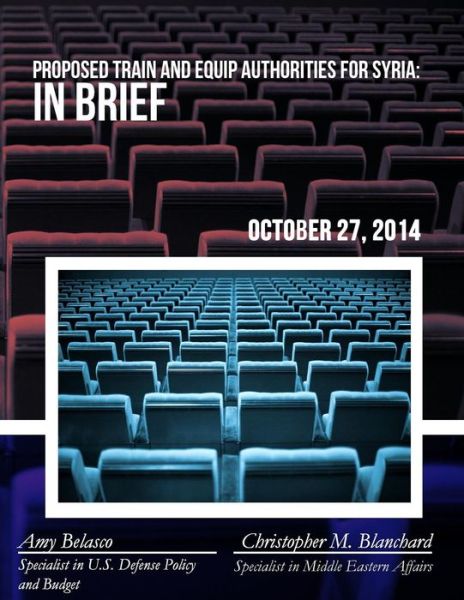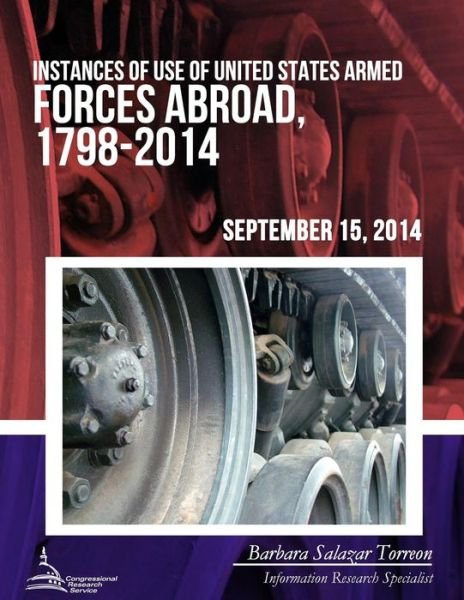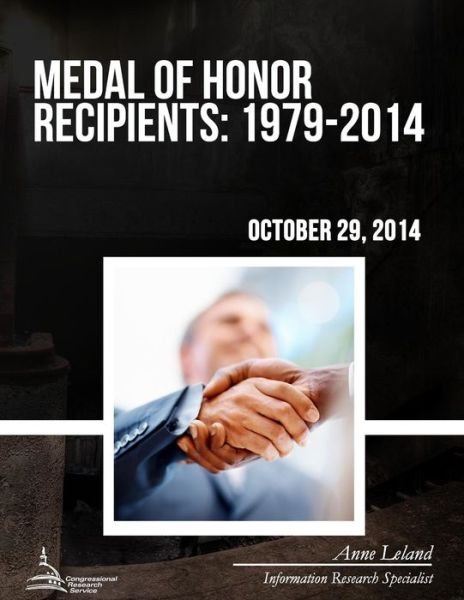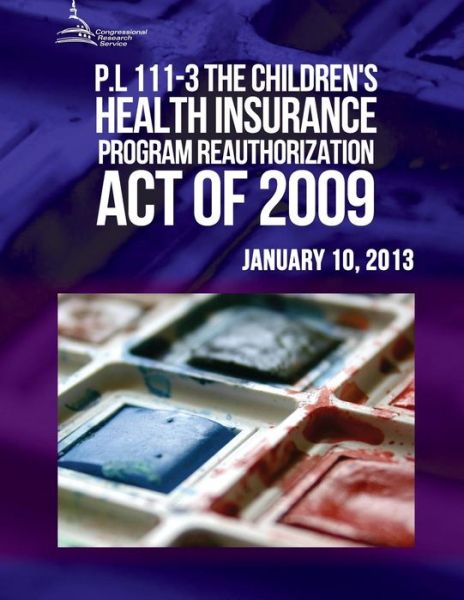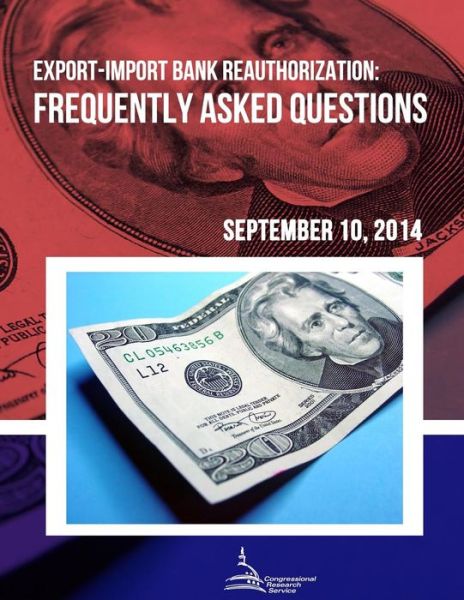
Tell your friends about this item:
Qatar
Congressional Research Service
Qatar
Congressional Research Service
Qatar's support for regional Muslim Brotherhood organizations and its Al Jazeera media network have contributed to a backlash against Qatar led by fellow GCC states Saudi Arabia and the UAE. In June 2017, Saudi Arabia, the UAE, and Bahrain, joined by Egypt and a few other governments, severed relations with Qatar and imposed limits on the entry and transit of Qatari nationals and vessels in their territories, waters, and airspace. The Trump Administration sought a resolution of the dispute, in part because the rift was hindering U. S. efforts to formalize a "Middle East Strategic Alliance" of the United States, the GCC, and other Sunni-led countries in the region to counter Iran. Qatar has countered the Saudi-led pressure with new arms purchases and deepening relations with Turkey and Iran. On January 5, 2021, Saudi Arabia, the UAE, Bahrain, and Egypt agreed to lift the blockade, and Qatar agreed to drop its pursuit of legal cases against those countries in international organizations. Qatar's leaders work with the United States to secure the Persian Gulf, as do the other GCC leaders. The United States and Qatar have had a formal Defense Cooperation Agreement (DCA) that reportedly addresses a U. S. troop presence in Qatar, consideration of U. S. arms sales to Qatar, U. S. training, and other defense cooperation. Under the DCA, Qatar hosts more than 8,000 U. S. forces and the regional headquarters for U. S. Central Command (CENTCOM) at various military facilities, including the large Al Udeid Air Base. U. S. forces deployed at these facilities participate in operations throughout the region. Qatar is a significant buyer of U. S.-made weaponry, including combat aircraft. In January 2018, Qatar and the United States inaugurated a "Strategic Dialogue" that has included discussion of efforts to improve accommodations for U. S. personnel deployed to Al Udeid Air Base. In 2017, the United States and Qatar signed a broad memorandum of understanding to cooperate against international terrorism. The voluntary relinquishing of power in 2013 by Qatar's former Amir (ruler) departed from GCC patterns of governance in which leaders generally remain in power for life. At the same time, Qatar is the only one of the smaller GCC states that has not yet held elections for a legislative body. U. S. and international reports, which are scrutinizing Qatar as its hosting of the World Cup soccer tournament approaches in 2022, criticize Qatar for not adhering to international standards of labor rights practices, but credit it for taking steps to improve the conditions for expatriate workers. Like other GCC states, Qatar is wrestling with the fluctuations in global hydrocarbons prices that started in 2014 and were compounded by the Coronavirus Disease 2019 (COVID-19). As of early April, Qatar has reported about 178,000 infections and 290 deaths from the disease, which has affected Qatar's expatriate population disproportionately. Qatar has been able to weather economic headwinds because of its small population, substantial financial reserves, and its favorable business conditions for entrepreneurs. But, Qatar shares with virtually all the other GCC states a lack of economic diversification and reliance on revenues from sales of hydrocarbon products. On December 3, 2018, Qatar withdrew from the Organization of Petroleum Exporting Countries (OPEC) in order to focus on its natural gas export sector; Qatar has the third largest proven reserves of natural gas in the world.
| Media | Books Paperback Book (Book with soft cover and glued back) |
| Released | April 14, 2021 |
| ISBN13 | 9798737635206 |
| Publishers | Amazon Digital Services LLC - KDP Print |
| Pages | 30 |
| Dimensions | 216 × 279 × 2 mm · 95 g |
| Language | English |
More by Congressional Research Service
See all of Congressional Research Service ( e.g. Paperback Book and Book )

 Christmas presents can be returned until 31 January
Christmas presents can be returned until 31 January


